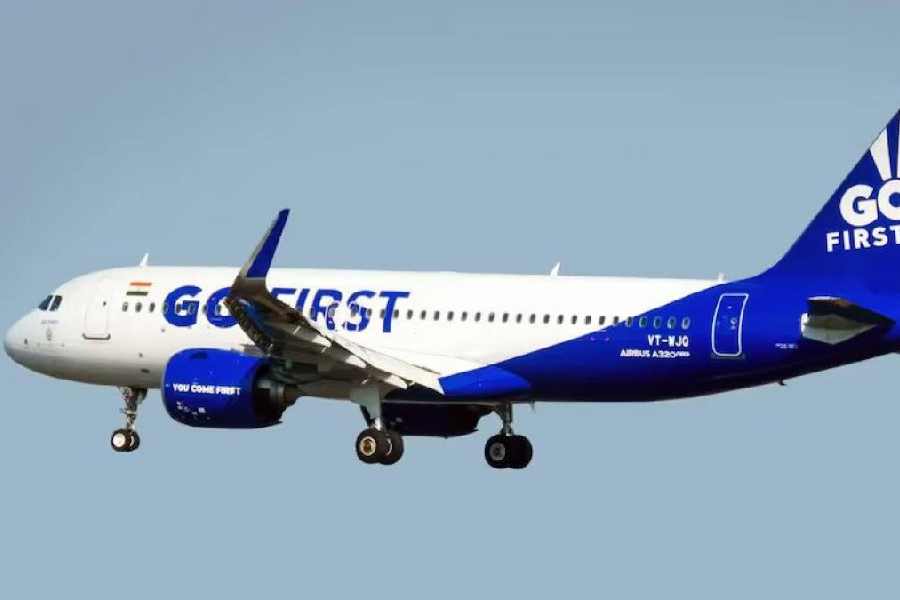The National Company Law Tribunal (NCLT) on Wednesday admitted Go First's plea for voluntary insolvency and imposed a moratorium which bars the lessors from taking possession of its aircraft.
The NCLT bench comprising Justice Ramalingam Sudhakar and Justice L.N. Gupta also suspended the board of directors and ex-management of the airline and appointed Abhilash Lal as the interim resolution professional (IRP).
With Go First now being admitted to insolvency, the question being asked is whether the Wadias will be able to control the airline. While CEO Kaushik Khona told PTI that the "landmark judgement" is very timely and effective for its revival, it remains to be seen if its rivals bid for the airline or its assets at a later stage.
Further, the bench directed the IRP that no employees of the carrier should be retrenched and said that he will also have to take all necessary steps including the execution of the arbitral award to keep the company as a going concern and run its services smoothly.
However, the relief provided by the tribunal to the cash-strapped airline, has been challenged in the National Company Law Appellate Tribunal (NCLAT) by aircraft lessor SMBC Aviation Capital Ltd, one of the largest in the world.
``In view of the unpaid debt subsisting above Rs 1 crore and the default committed by the corporate applicant towards the same, and the corporate applicant being not disqualified under Section 11 of IBC 2016, we have no other option but to admit the present application under Section 10 of IBC 2016. Accordingly, the application of the corporate applicant is admitted’’, the tribunal said in its order.
On May 2, Go First had filed for voluntary insolvency proceedings with the NCLT under Section 10 of the IBC, which deals with initiation of a insolvency resolution process by a corporate applicant.
During the proceedings, the airline said that while it did not default on dues to financial creditors as of April 28, it committed a default of Rs 11.03 crore towards interest dues of these creditors on May 4, thereby necessitating the insolvency filing under Section 10 of the IBC.
The tribunal imposed a moratorium that carried four prohibitions: initiation or continuation of suits against Go First; transferring/encumbering or disposing of any assets by the airline; any action to foreclose, recover or enforce any security interest created by the corporate debtor (Go First) in respect of its property; and the recovery of any property by an owner or lessor, where such property is occupied by or in the possession of the carrier.
Asking the suspended board of Go First to extend all support to IRP, the NCLT also directed them to deposit Rs 5 crore with IRP to meet the immediate expenses.
Legal experts said that the tribunal’s order means that the resolution process for the airline must be completed within a maximum period of 330 days.
`This is a move done with an intent to protect the airline from losing the substratum in this case namely the aircraft, as without the aircraft, business would be grounded, and resolution as a going concern would be problematic. However, this will be a big concern for lessors in this space as their rights to repossess gets limited on account of the moratorium that kicks in’’, Ajay Shaw, Partner, DSK Legal said.
Go First claimed in its application that it has committed a default of Rs 2660 crore toward aircraft lessors and Rs 1202 crore towards its vendors.
During the proceedings, Arun Kathpalia, senior counsel for the lessors, opposed the airline’s application on the ground that they wish to file an application under Section 65 of IBC. He further stated that before adjudicating the Section 10 application, it is necessary that the notice be issued to the creditors giving them an opportunity to object to the carrier’s application.
However, the tribunal did not agree to this view.











